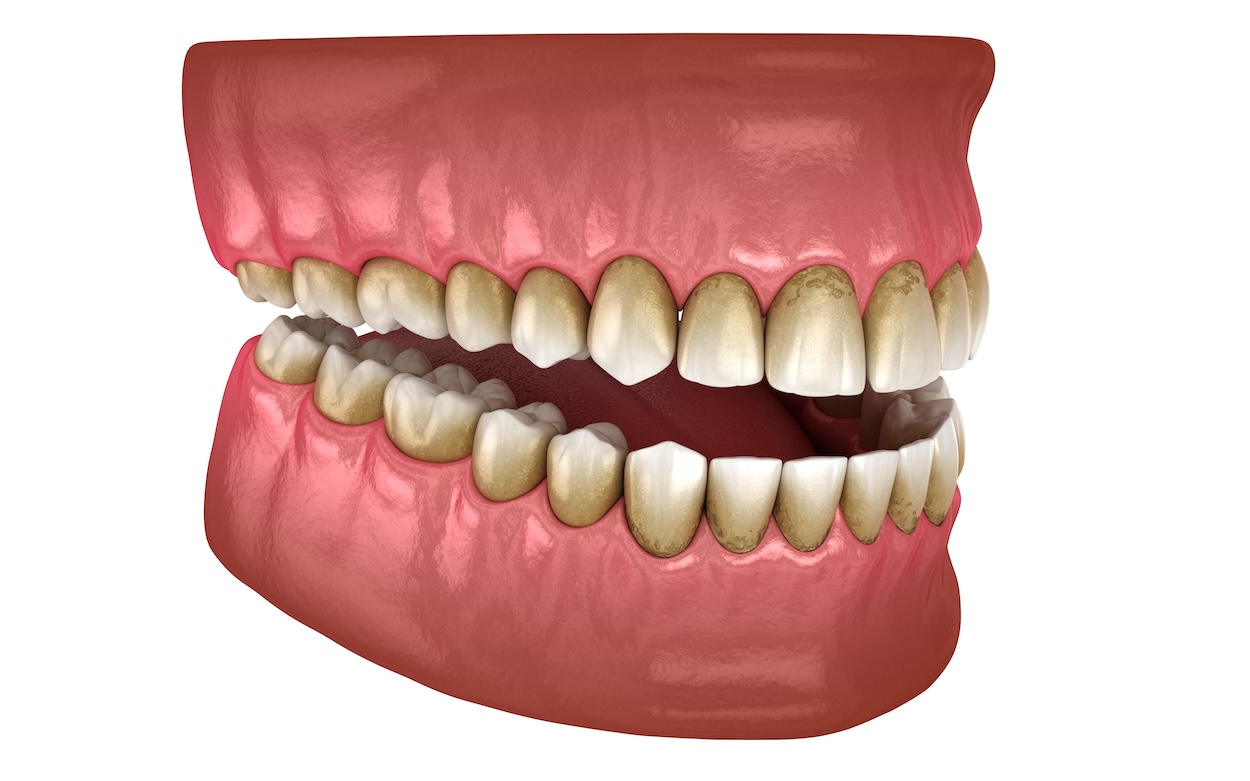Gum disease is a common but serious oral health issue that can have significant consequences if left untreated. Understanding the stages of gum disease can help you recognize early warning signs and seek appropriate treatment. Cary Family Dentistry in Cary, IL is dedicated to helping you maintain healthy gums and a beautiful smile. Let’s explore the stages of gum disease and how to address them.
Stage 1: Gingivitis
Gingivitis is the earliest stage of gum disease and is marked by red, swollen gums that may bleed when you brush or floss. This stage is caused by plaque buildup on your teeth, leading to inflammation of the gums. The body’s immune response to bacteria in plaque triggers this inflammation. Fortunately, gingivitis is reversible with good oral hygiene practices and regular dental cleanings. Dr. Patel recommends brushing twice a day, flossing daily, and scheduling regular check-ups to keep gingivitis at bay. Treatment at this stage typically involves a gingivitis cleaning to remove plaque and tartar.
Stage 2: Early Periodontitis
If gingivitis is left untreated, it can progress to early periodontitis. At this stage, the inflammation and infection spread to the structures supporting your teeth, including the bone. You might notice symptoms such as bad breath, receding gums, and pockets forming between your teeth and gums. These pockets are spaces where more bacteria can accumulate, exacerbating the problem. Early periodontitis often requires non-surgical periodontal therapy, also known as scaling and root planing, or a deep cleaning. Cary Family Dental also offers LANAP, a laser gum therapy. These procedures thoroughly cleans the teeth and below the gum line to remove plaque and tartar.
Stage 3: Moderate Periodontitis
As the disease advances to moderate periodontitis, the symptoms become more severe. You may experience increased pain, deeper pockets, more significant gum recession, and even some bone loss. Teeth may become loose as the supporting bone is gradually destroyed. Treatment at this stage often involves more extensive non-surgical periodontal therapy, to remove plaque and tartar from deep within the pockets to reduce the body’s inflammatory response.
Stage 4: Advanced Periodontitis
Advanced periodontitis is the most severe stage of gum disease. By this point, the connective tissue and bone supporting your teeth are significantly damaged, leading to loose teeth or tooth loss. You may also experience pus between your teeth and gums, severe pain, and difficulty chewing. Treatment for advanced periodontitis may require surgical interventions, such as flap surgery, bone grafts, or guided tissue regeneration, to restore the health of your gums and bone.
Preventing and Treating Gum Disease at Cary Family Dentistry in Cary, IL
Preventing gum disease starts with good oral hygiene and regular dental visits. Dr. Niraj Patel and the team at Cary Family Dentistry are here to help you maintain healthy gums and address any signs of gum disease promptly. If you notice any symptoms of gum disease or it’s been a while since your last dental check-up, don’t hesitate to reach out to us.
For more information on gum disease or to schedule an appointment, contact Cary Family Dentistry in Cary, IL. Dr. Patel and our dedicated team are committed to providing you with the best care to keep your gums healthy and your smile bright. Let’s work together to prevent gum disease and ensure your oral health for years to come!
